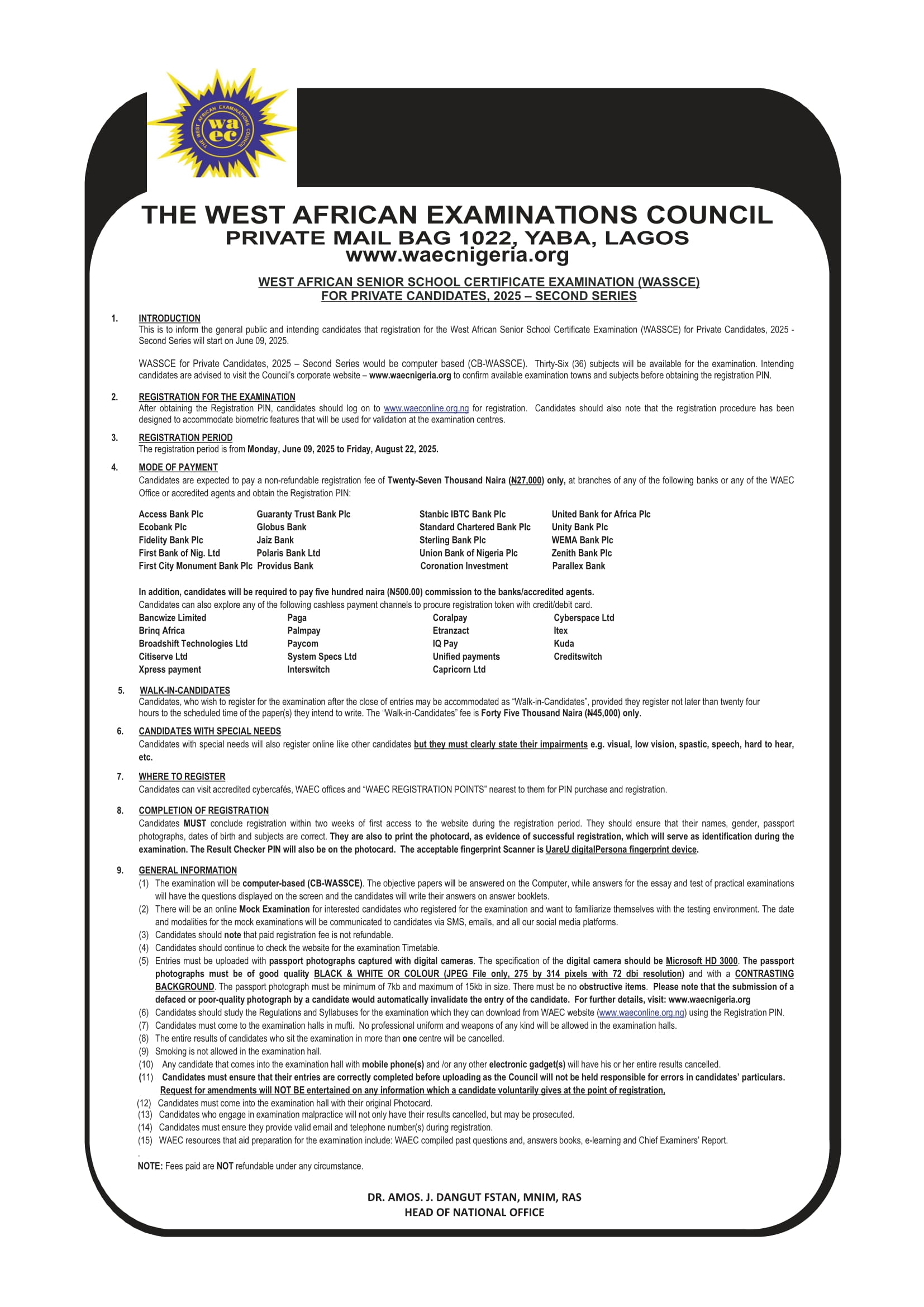
Mr Tein Jack-Rich
APC presidential aspirant, Jack-Rich, advocates for economic liberalisation strategy

Mr Tein Jack-Rich, one of the aspirants in the last presidential primary election of the All Progressives Congress (APC), has stressed the need for an economic liberalisation strategy for Nigeria to overcome its current challenges.
Jack-Rich said this in a statement on Wednesday in Abuja.
He said that policymakers must award deep tax cuts, promote sectoral economic stimulus through soft credit lines to help indigenous companies produce what the country needs to achieve economic liberalisation.
“As an entrepreneur and industrialist of the fifth era of industrial revolution, where digital transformation and technology boom have taken artificial intelligence to record high economic levels, one key engine we need in 2023 is economic liberalisation.
“It is a phenomenal tool to activate private capital growth and to join the trillion-dollar economic league,” he said.
According to him, global economic trend has its impact on Africa, which accounts for only three per cent of global trade with seven per cent of trade deficit.
“It is difficult to fathom the assertion that a struggling economy with negative trade balance of 19.3 per cent can survive a hike in interest rate as the best monetary policy response to address surging inflation.
“This is because the current inflation is cost-push rather than demand-pull,” he said.
Jack-Rich, however, said it was uncertain to see any political economist within the sub-Saharan Africa align with policy postulation of calling for a hike in interest rate as best for the economy with struggling low-income households living below N400 daily.
The business mogul, therefore, called for a holistic approach to the country’s economic policies.
“Ignoring economic stimulus and pursuing interest rate hike with the taxman on the neck of businesses will further stifle earnings and worsen access to credit for large ticket investments.
“This will definitely increase unemployment rates and further exacerbate the wind of economic recession, and possibly social issues
About The Author

